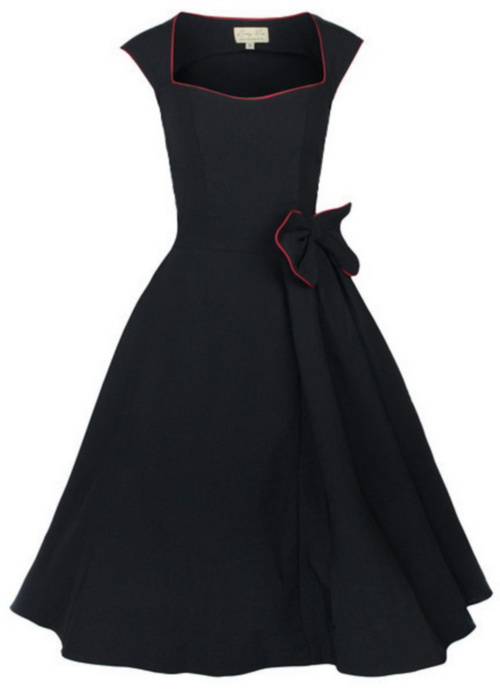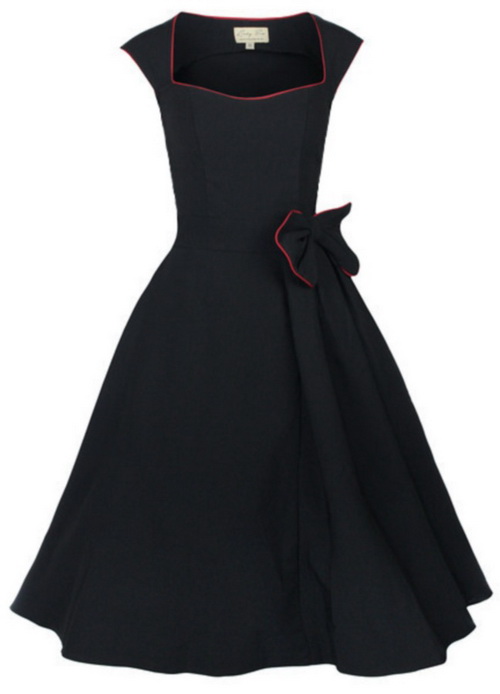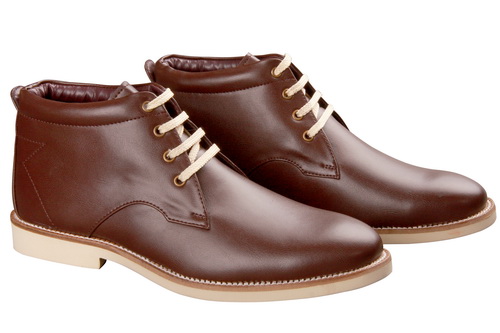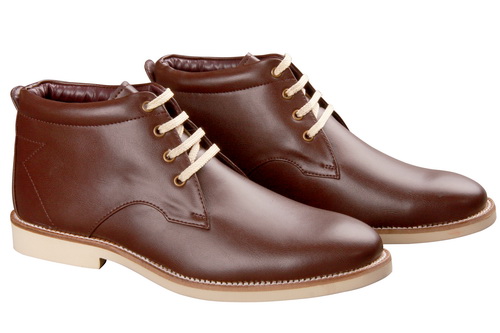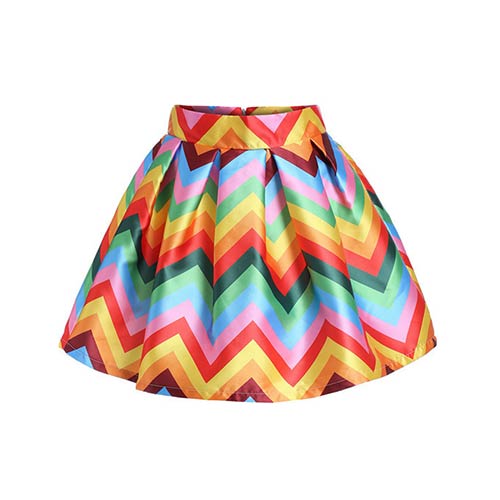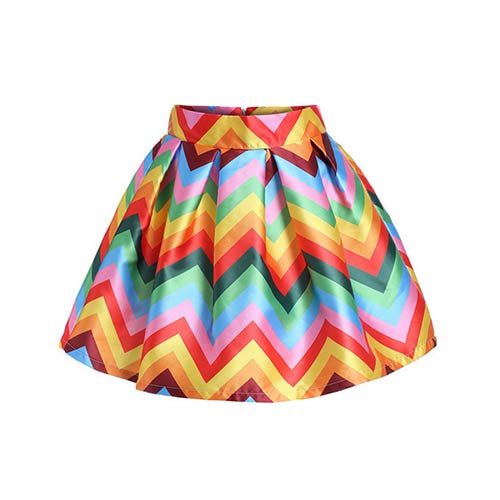suit
a set of clothes made of the same material, usually including a jacket with trousers or a skirt
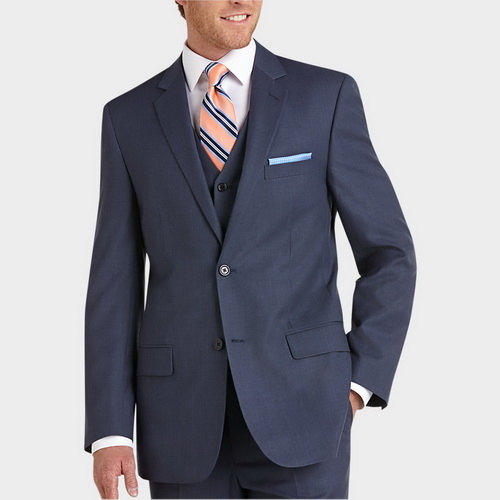
كت و شلوار، پيراهن و دامن
It's regulation to wear suits at the office.
پوشیدت کت و شلوار در دفتر مرسوم است.
a set of clothes made of the same material, usually including a jacket with trousers or a skirt
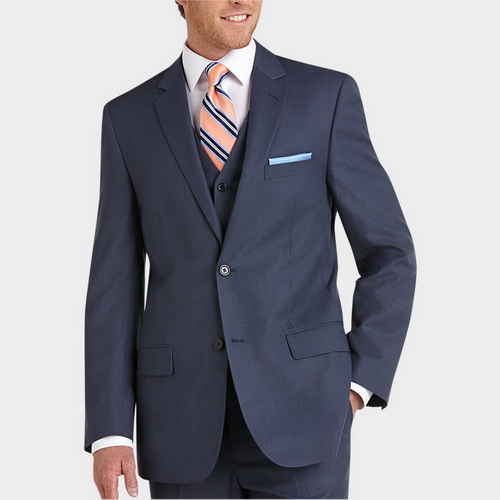
كت و شلوار، پيراهن و دامن
It's regulation to wear suits at the office.
پوشیدت کت و شلوار در دفتر مرسوم است.
Oxford Essential Dictionary
noun
pronunciation
The word suit sounds like boot.
1 a jacket and trousers, or a jacket and skirt, that you wear together and that are made from the same material
2 one of the 4 sets that playing cards (= cards with numbers and pictures on them that you use for playing games) are divided into:
The four suits are hearts, clubs, diamonds and spades.
Longman Dictionary of Contemporary English
suit
I. suit1 S2 W3 /suːt, sjuːt $ suːt/ BrE AmE noun [countable]
[Date: 1200-1300; Language: Old French; Origin: siute 'act of following, group of helpers', from Vulgar Latin sequita, from sequere; ⇨ ↑sue]
1. CLOTHES a set of clothes made of the same material, usually including a jacket with trousers or a skirt:
a grey lightweight suit
a business suit
a tweed suit
She was wearing a black trouser suit. ⇨ ↑morning suit
2. bathing/jogging etc suit a piece of clothing or a set of clothes used for swimming, running etc ⇨ ↑boiler suit, ↑shell suit, ↑sweat suit, ↑tracksuit, ↑wet suit
3. LAW a problem or complaint that a person or company brings to a court of law to be settled SYN lawsuit:
Johnson has filed suit against her.
a civil suit
4. OFFICE WORKER informal a man, especially a manager, who works in an office and who has to wear a suit when he is at work:
I bought myself a mobile phone and joined the other suits on the train to the City.
5. CARDS one of the four types of cards in a set of playing cards
6. sb’s strong suit something that you are good at:
Sympathy is not Jack’s strong suit.
⇨ in your birthday suit at ↑birthday(3), ⇨ follow suit at ↑follow(14)
Oxford Advanced Learner's Dictionary
suit
suit [suit suits suited suiting] noun, verb [suːt] [sjuːt] [suːt]
noun
1. a set of clothes made of the same cloth, including a jacket and trousers/pants or a skirt
• a business suit
• a pinstripe suit
• a two-/three-piece suit (= of two/three pieces of clothing)
see also dinner suit, jumpsuit, leisure suit, lounge suit, sailor suit, shell suit, sweatsuit, tracksuit, trouser suit
2. a set of clothing worn for a particular activity
• a diving suit
• a suit of armour
see also boiler suit, spacesuit, swimsuit, wetsuit
3. any of the four sets that form a pack of cards
• The suits are called hearts, clubs, diamonds and spades.
4. = lawsuit
• to file/bring a suit against sb
• a divorce suit
see also paternity suit
5. usually plural (informal) a person with an important job as a manager in a company or organization, especially one thought of as being mainly concerned with financial matters or as having a lot of influence
• We can leave the detailed negotiations to the suits.
• He's a ‘suit’, not a ‘creative’.
see in your birthday suit at birthday, follow suit at follow, be sb's strong suit at strong
Word Origin:
Middle English: from Anglo-Norman French siwte, from a feminine past participle of a Romance verb based on Latin sequi ‘follow’. Early senses included ‘attendance at a court’ and ‘legal process’; senses 1 to 3 derive from an earlier meaning ‘set of things to be used together’. The verb sense ‘make appropriate’ dates from the late 16th cent.
Example Bank:
• All the cards have to be from the same suit.
• He wore his one good suit to the interview.
• His parents had bought him a new suit of clothes for the occasion.
• She plans to defend the suit vigorously.
• The cavalry wore a suit of light armour and carried a shield.
• The company now faces several suits over its failure to protect its employees.
• The suit changed to diamonds.
• The two companies have settled the suit.
• They have agreed to drop their suit against the Dutch company.
• They won't let you into the restaurant without a suit and tie.
• Two men in suits came out of the hotel.
• We bought the baby a couple of suits of clothes.
• Which suit is trumps?
• a suit against her former husband
• a suit over a disputed estate
• His former business associate filed a suit against him claiming £5 million damages.
• Their arguments grew worse and worse and ended with a divorce suit.
Idioms: suit somebody down to the ground ▪ suit your book ▪ suit yourself
Derived: suit something to somebody
Cambridge Advanced Learner's Dictionary
Cambridge Advanced Learner's Dictionary - 4th Edition
suit / suːt / / sjuːt / / suːt / noun (SET OF CLOTHES)
A2 [ C ] a jacket and trousers or a jacket and skirt that are made from the same material:
All the businessmen were wearing pinstripe suits.
She wore a dark blue suit.
[ C ] a set of clothes or a piece of clothing to be worn in a particular situation or while doing a particular activity:
a diving/protective/ski, etc. suit
a swimsuit
a spacesuit
a suit of armour
suit / suːt / / sjuːt / / suːt / noun [ C ] ( also lawsuit ) (LEGAL PROBLEM)
a problem taken to a law court by an ordinary person or an organization rather than the police in order to obtain a legal decision:
He brought ( US usually filed ) a $12 million libel suit against the newspaper, claiming his reputation had been damaged.
a malpractice/negligence/paternity suit
suit / suːt / / sjuːt / / suːt / noun [ C ] (PLAYING CARDS)
any of the four types of card in a set of playing cards, each having a different shape printed on it:
The four suits in a pack of cards are hearts, spades, clubs, and diamonds.
suit / suːt / / sjuːt / / suːt / noun [ C often plural ] informal disapproving (PERSON)
a man who works in an office and wears a suit, especially a man with a high position in a company who is considered not to have human feelings and good ideas
© Cambridge University Press 2013
Collins COBUILD Advanced Learner’s English Dictionary
suit
/su:t/
(suits, suiting, suited)
Frequency: The word is one of the 1500 most common words in English.
1.
A man’s suit consists of a jacket, trousers, and sometimes a waistcoat, all made from the same fabric.
...a dark pin-striped business suit.
...a smart suit and tie.
N-COUNT
2.
A woman’s suit consists of a jacket and skirt, or sometimes trousers, made from the same fabric.
I was wearing my tweed suit.
N-COUNT
3.
A particular type of suit is a piece of clothing that you wear for a particular activity.
...a completely revolutionary atmospheric diving suit.
N-COUNT: n N
4.
If something suits you, it is convenient for you or is the best thing for you in the circumstances.
They will only release information if it suits them...
They should be able to find you the best package to suit your needs.
VERB: no cont, V n, V n
5.
If something suits you, you like it.
I don’t think a sedentary life would altogether suit me.
VERB: no cont, V n
6.
If a piece of clothing or a particular style or colour suits you, it makes you look attractive.
Green suits you.
VERB: no cont, V n
7.
If you suit yourself, you do something just because you want to do it, without bothering to consider other people.
These large institutions make–and change–the rules to suit themselves...
He made a dismissive gesture. ‘Suit yourself.’
= please
VERB: V pron-refl, V pron-refl
8.
In a court of law, a suit is a case in which someone tries to get a legal decision against a person or company, often so that the person or company will have to pay them money for having done something wrong to them.
Up to 2,000 former employees have filed personal injury suits against the company...
= lawsuit
N-COUNT
•
In American English, you can say that someone files or brings suit against another person.
One insurance company has already filed suit against the city of Chicago.
N-UNCOUNT
9.
A suit is one of the four types of card in a set of playing cards. These are hearts, diamonds, clubs, and spades.
N-COUNT
10.
see also bathing suit, birthday suit, boiler suit, trouser suit
11.
If people follow suit, they do the same thing that someone else has just done.
Efforts to persuade the remainder to follow suit have continued.
PHRASE: V inflects
Merriam-Webster's Advanced Learner's Dictionary
1suit /ˈsuːt/ noun, pl suits
1 [count] : a set of clothes that usually consists of a jacket and a skirt or pair of pants that are made out of the same material
• a tweed/wool suit
• He wore his gray suit to the job interview.
- see color picture
- see also business suit, leisure suit, lounge suit, pantsuit, sailor suit, shell suit, three-piece suit, trouser suit, two-piece suit, zoot suit
2 [count] : a set of clothes or protective covering that is worn for a special purpose or under particular conditions
• a gym suit
• a suit of armor
- see also bathing suit, bodysuit, catsuit, jumpsuit, snowsuit, space suit, sweat suit, swimsuit, union suit, wet suit
3 : a process by which a court of law makes a decision to settle a disagreement or problem between people or organizations : lawsuit
[count]
• a civil/criminal suit
• divorce/custody/paternity suits
• He filed/brought a suit [=started legal proceedings] against her.
[noncount]
• He filed/brought suit [=started legal proceedings] against her.
4 [count] : all the cards that have the same symbol in a pack of playing cards
• The trump suit is hearts/clubs/diamonds/spades.
5 [count] informal + disapproving : a person who has an important job in an office and who wears a suit : a business executive
• She described her boss as “an empty suit.” [=a stupid and ineffective businessman]
- usually plural
• Get back to work. The suits just walked in.
birthday suit
- see birthday
follow suit

